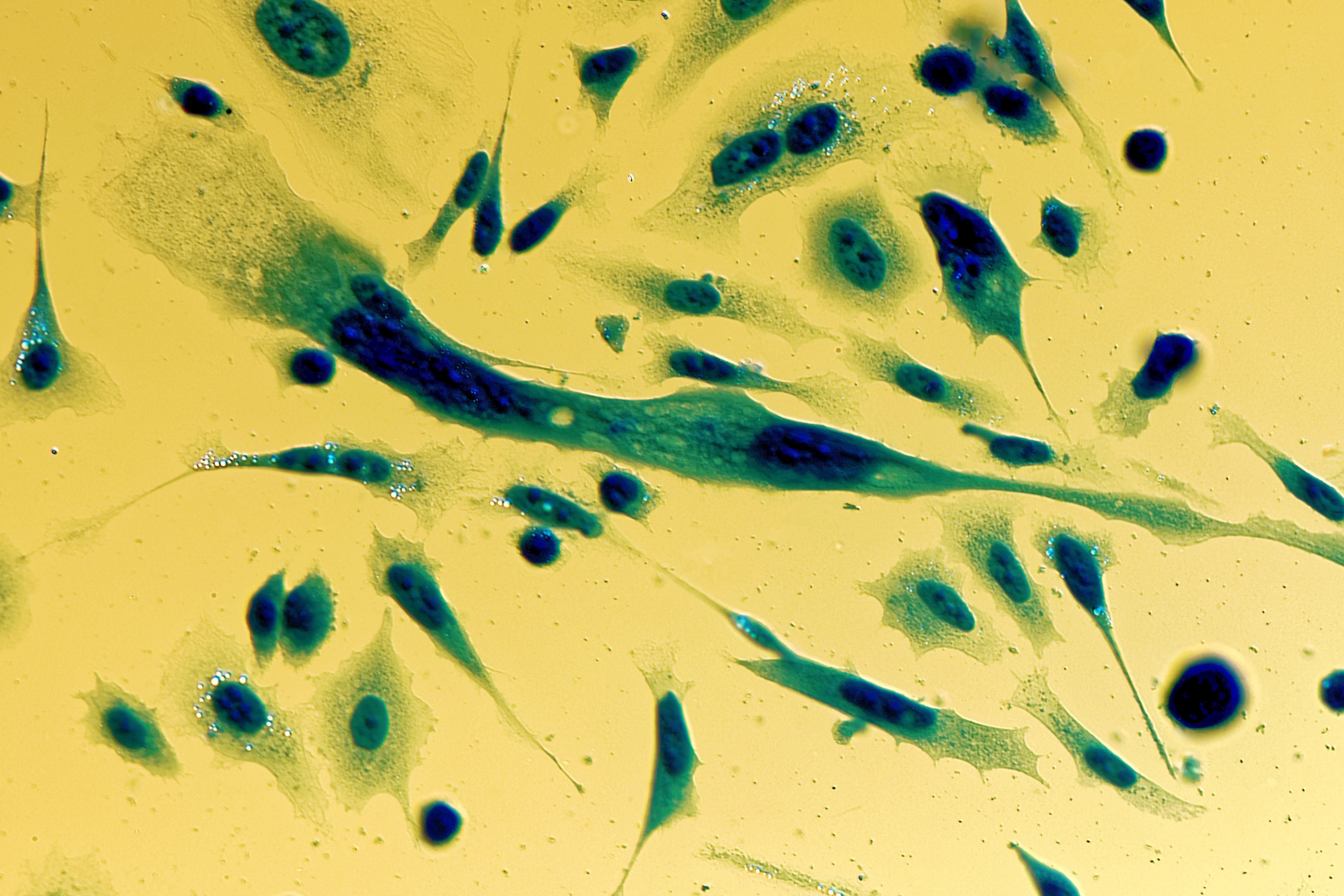FDA Provides Positive Feedback on AMPLIFY Trial for Prostate Cancer Diagnostic
The phase 3 trial AMPLIFY study plans to test the diagnostic performance of 64Cu-SAR-bisPSMA PET/CT imaging in approximately 220 patients with prostate cancer with biochemical recurrence.

- A phase 3 trial of the 64Cu-SAR-bisPSMA diagnostic in patients with biochemical recurrence (BCR) of prostate cancer plans to initiate.
- The AMPLIFY trial follows FDA guidance and is supported by data from successful COBRA (NCT05249127) and PROPELLER (NCT03732820) trials.
- Patient recruitment is expected to begin in early 2025.
Following a successful end-of-phase meeting with the FDA, a phase 3 study titled AMPLIFY evaluating novel diagnostic agent 64Cu-SAR-bisPSMA in patients with BCR of prostate cancer will begin.1
The AMPLIFY trial will enroll approximately 220 patients with prostate cancer who exhibit rising or detectable prostate-specific antigen (PSA) levels after undergoing initial definitive treatment. This nonrandomized, single-arm, open-label, multicenter trial is designed to evaluate the diagnostic performance of 64Cu-SAR-bisPSMA in detecting prostate cancer recurrence via PET/CT imaging.
Recruitment is expected to begin in early 2025.
"We are excited to advance our second phase 3 trial with 64Cu-SAR-bisPSMA, following invaluable guidance from the FDA. The data from earlier studies have been remarkably positive, and we believe this agent is best in class." said Alan Taylor, PhD, Clarity's executive chairperson, in a press release.
The AMPLIFY study builds upon robust data from earlier clinical trials, including the phase 1/2 COBRA trial and the phase 3 PROPELLER study. In these studies, superior lesion detection and increased uptake and retention of 64Cu-SAR-bisPSMA was observed compared with standard-of-care (SOC) imaging agents. These trials also showed that next-day imaging detected more lesions than same-day imaging.
AMPLIFY is the second registrational study of 64Cu-SAR-bisPSMA from Clarity Pharmaceuticals. This study complements the ongoing CLARIFY trial (NCT06056830), which targets patients with prostate cancer preprostatectomy or predefinitive treatment. Together, these trials plan to address the FDA's guidance to evaluate the diagnostic in 2 key patient populations for regulatory submission.
PC-3 human prostate cancer cells: © heitipaves - stock.adobe.comPC-3 human prostate cancer cells: © heitipaves - stock.adobe.com

Preclinical and clinical data have shown promising results for 64Cu-SAR-bisPSMA, including its ability to detect smaller lesions and earlier detection compared with current SOC agents. In the COBRA trial, 64Cu-SAR-bisPSMA identified lesions less than 2 mm in size and detected disease recurrence months earlier than approved agents.
"Beyond its clinical benefits, we believe that 64Cu-SAR-bisPSMA's shelf life of up to 48 hours will improve patient access to this important diagnostic and broaden the use of radiopharmaceuticals to more clinical sites where the short half-life of current [prostate-specific membrane antigen (PSMA)] PET tracers, such as 18F- and 68Ga-based products, restricts their use,” said Taylor.
"We are grateful to our team, collaborators, and the clinicians and patients who are part of our trials," added Taylor. "This milestone with AMPLIFY is a testament to our commitment to improving cancer diagnostics and treatment outcomes. We believe that better diagnostic tools will empower clinicians to make more informed treatment decisions, and we look forward to bringing this next-generation PSMA diagnostic to [patients with] prostate cancer worldwide."









